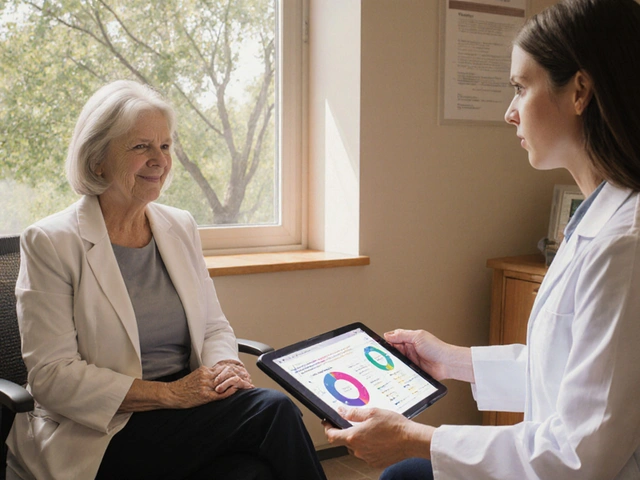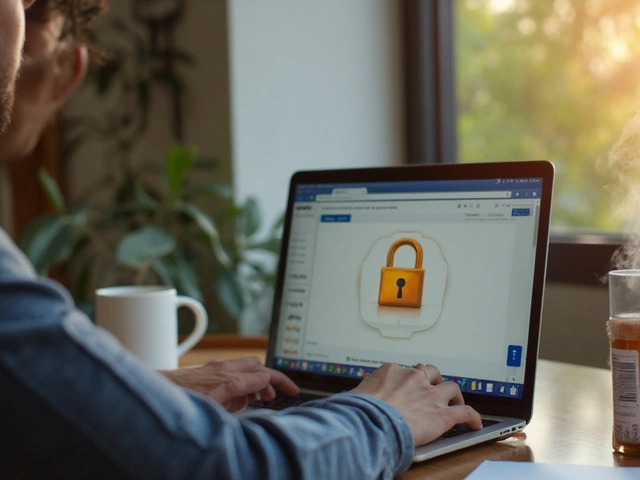Older Adults: Smart, Safe Steps for Meds and Daily Health
Getting older changes how drugs work in your body. Kidneys and liver clear meds slower, and that can turn a normal dose into a problem. If you or someone you care for takes several prescriptions, knowing a few clear rules cuts risk and makes life easier.
Medication Safety Basics
Keep a single, up-to-date medication list with names, doses, and why each one is taken. Bring it to every appointment — doctors, nurses, pharmacists. Ask: "Does this still make sense for me?" That question helps avoid unnecessary meds and reduces interactions.
Watch for common red flags: dizziness, confusion, balance problems, or sudden stomach issues. Those can be side effects, not just aging. If a new symptom appears after starting a pill, call your provider. For urgent reactions — severe rash, swelling, breathing trouble — get emergency care.
Over-the-counter drugs and supplements matter as much as prescriptions. Antihistamines, some pain relievers, and herbal remedies can interact with blood thinners, blood pressure pills, or antidepressants. Tell your pharmacist about everything you take, including vitamins and herbal products.
Practical Steps You Can Take Today
Use a pill organizer or blister packs to avoid missed or double doses. Set alarms on your phone or use simple charts on the fridge. For vision or memory issues, ask the pharmacy about pre-filled packs or once-daily combinations.
Ask for a medication review every 6–12 months. Pharmacists can spot interactions, suggest dose changes for kidney or liver function, and flag medicines that raise fall risk. If travel or telemedicine is easier, reputable online clinics and pharmacies can refill meds safely — but choose verified providers and keep copies of prescriptions.
Be precise when buying online. Look for pharmacies that require a prescription, show contact details, and have clear return and privacy policies. If a deal looks too good or a site sells controlled drugs without a prescription, that's a red flag.
Keep health maintenance on the list: vaccinations, bone health checks, vision and hearing tests, and simple exercise to maintain strength and balance. Managing chronic conditions — high blood pressure, diabetes, breathing problems — reduces emergency visits and improves daily life.
Finally, involve family or a trusted friend in care planning. One extra set of eyes helps catch missed doses, detect side effects, and keep appointments on track. Small steps add up: a clear list, regular reviews, and honest talk with your team make medicines work better and safer for older adults.




